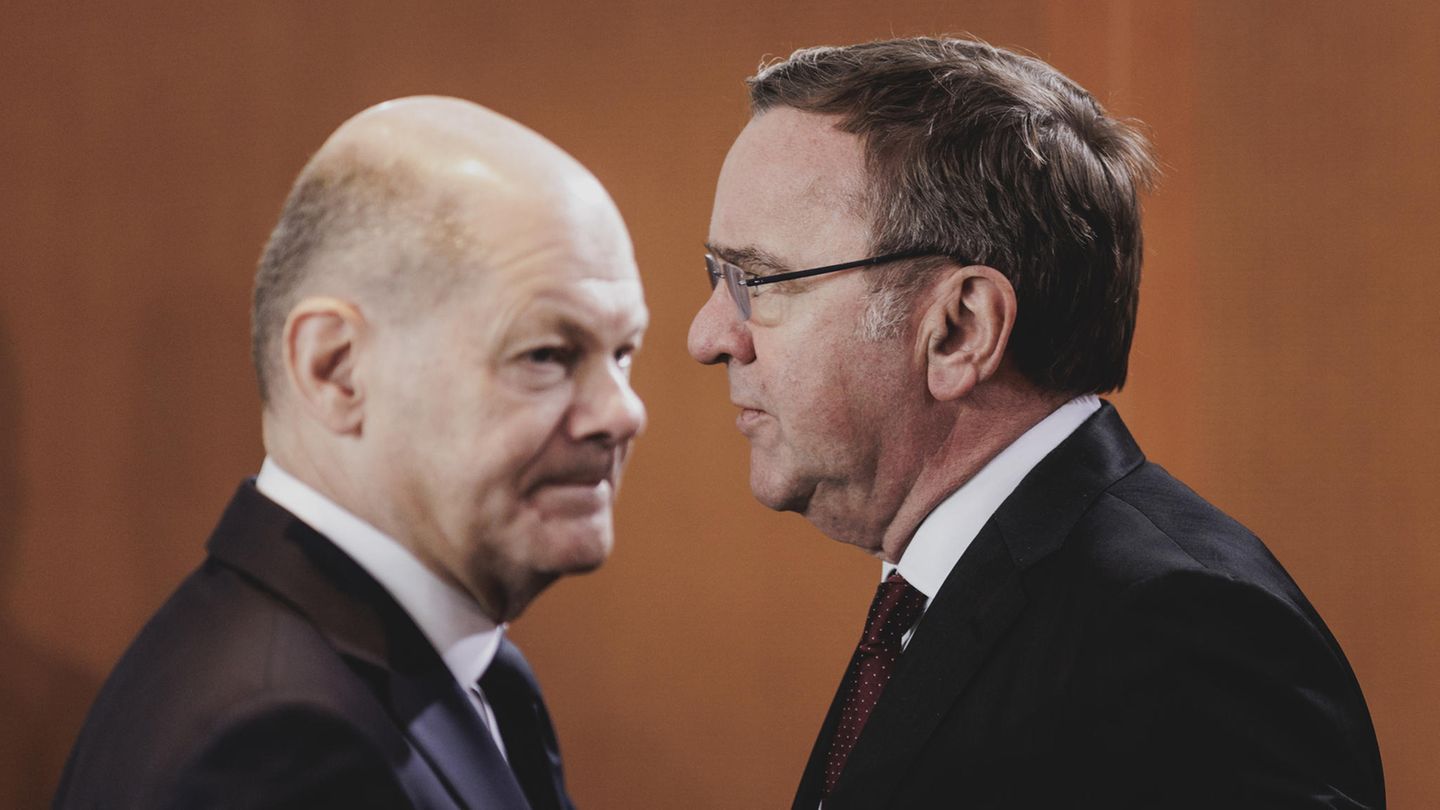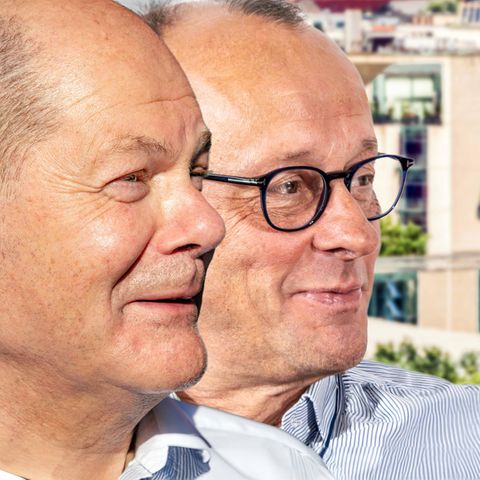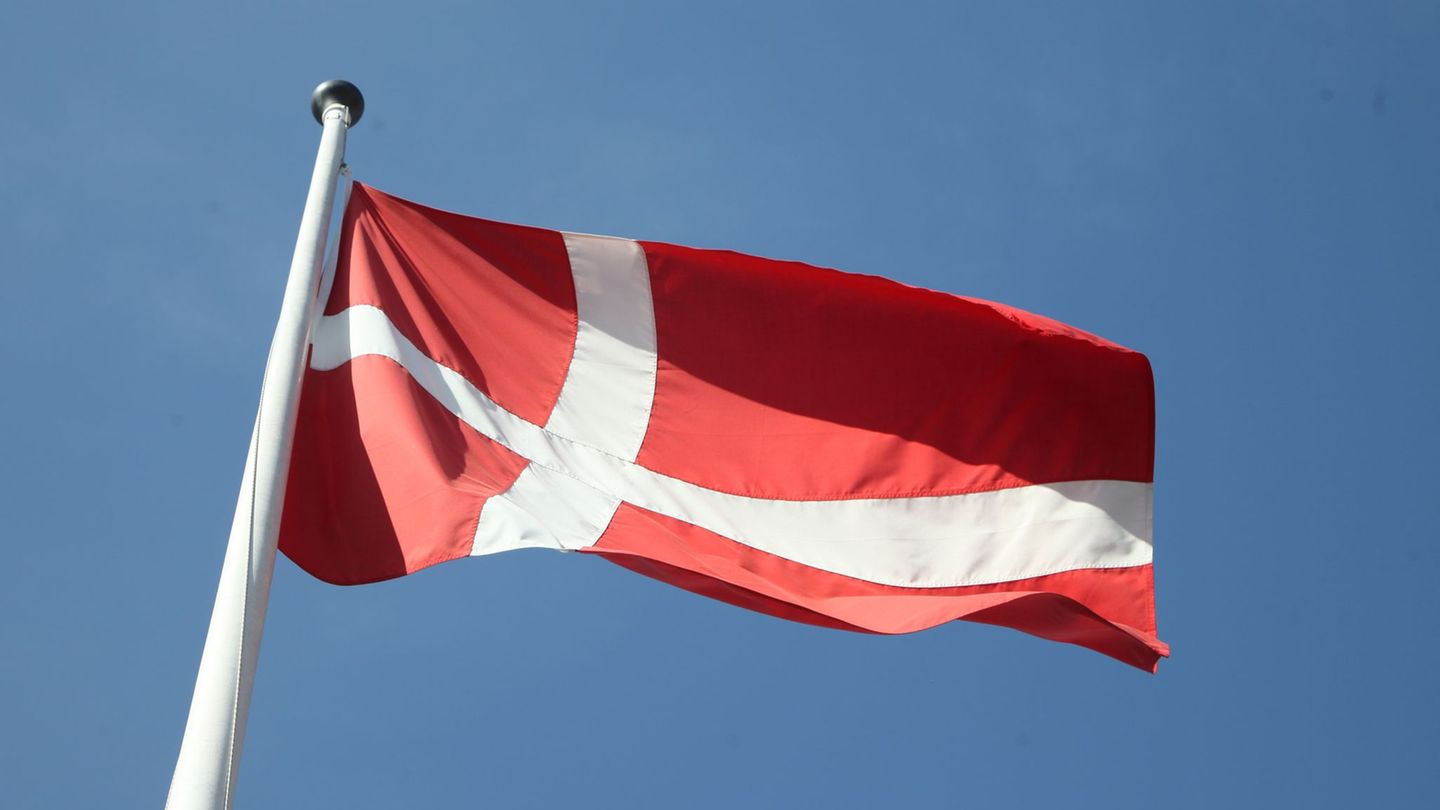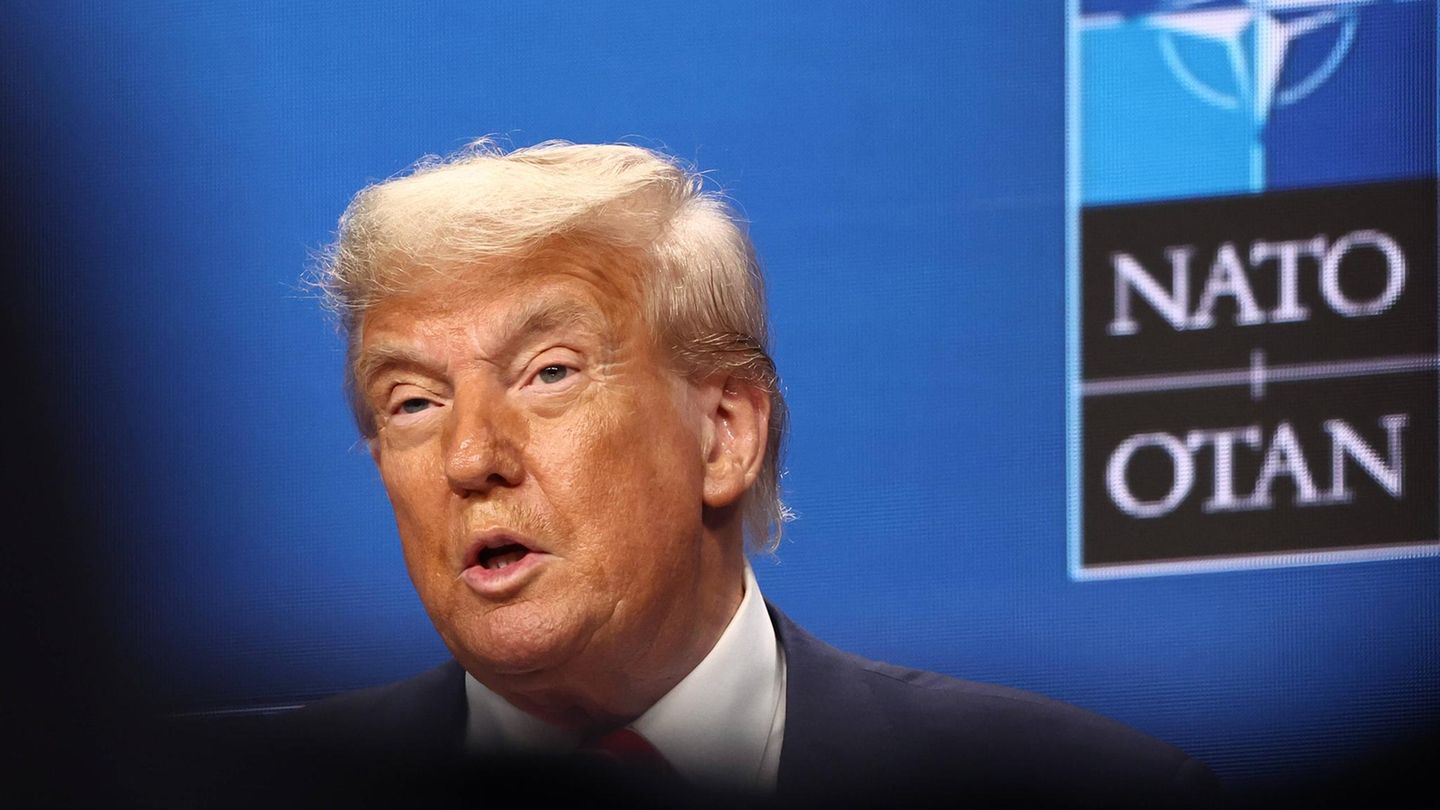Election campaign
And it made a big impact: Pistorius’s withdrawal and the consequences
Copy the current link
The SPD is going into the federal election with the seriously ailing Olaf Scholz, Boris Pistorius is withdrawing. The consequences for the SPD, its opponents and the election campaign – in a quick analysis.
Was there something? At 7:27 p.m. on Thursday, a short video clip suddenly appeared on the SPD’s WhatsApp channel, as if it were a trivial matter. The protagonist: Boris Pistorius. The short message: I’m out, Olaf should do it.
The hard-fought Chancellor’s party had been struggling for days, sometimes arguing publicly, about who should run for them in the early elections in February: Olaf Scholz, the disenchanted government professional and extremely unpopular incumbent? Or Boris Pistorius, the unencumbered and extremely popular defense minister?
Now the decision has been made in favor of the unpopular Chancellor, conveyed via a sarcastic video message. So everything is good? Not at all. The chaotic week has left its mark – and changed the field for the federal election. The lightning analysis.
1. The SPD base is now a risk factor
Pistorius has many fans, especially locally, down at the base. That’s where the movement arose for him and slowly worked its way up. How the base now interprets Pistorius’ resignation will likely be decisive for the question of what motivation they have for the election campaign. Many questions remain unanswered: If it was a voluntary resignation, the question arises as to why Pistorius did not record such a video message much earlier. If it came about under pressure from Scholz and the party leadership, it would likely further demobilize his supporters. In any case, the many local divisions are now a risk factor because Pistorius remains a longed-for figure and many consider their own chancellor to have failed.
A message from Boris Pistorius for you. pic.twitter.com/LJKOzSAX6D
— SPD party executive 🇪🇺 (@spdde) November 21, 2024
At this point, our editorial team has integrated content from Twitter / X.
Due to your privacy settings, this content has not been loaded to protect your privacy.
Even in the Bundestag faction, the “grumbling”, as even Scholz supporter and SPD parliamentary group leader Rolf Mützenich had to admit, has long since become a loud roar. In recent days, more and more people have spoken out in favor of Pistorius as a candidate. Given the current poll numbers, the faction would practically halve. In particular, the joint statement by Wiebke Esdar and Dirk Wiese, who represent two of the three faction wings, was seen as a piquant signal to Scholz: Esdar and Wiese had ambiguously but quite clearly referred to the high level of support for Pistorius and stated that the “current Scholz’s reputation is “strongly” associated with the traffic lights. The government that failed miserably and that ultimately 0 percent of Germans wanted back.
2. The SPD leadership is damaged
The candidacy for chancellor has been clarified (for now) – but what was going on with the party leadership? First, the leadership around Lars Klingbeil and Saskia Esken underestimated the debate that was raging in the SPD last week, then they left the dispute unresolved for so long that even well-meaning Social Democrats shook their heads at the party leadership. The day-long discussion only leaves people damaged; every outsider knows that part of the SPD is not fully behind their candidate for chancellor. The outcome is now a risk, especially for Klingbeil; he is now involved and liable. If Scholz loses dramatically in February, it could also affect Klingbeil’s future career. Power in the party has shifted over the past week – in favor of Pistorius, who should now survive even a poor election result unscathed.
3. With Olaf Scholz, the traffic lights live on in the election campaign
… and with it the enemy image from which the AfD and BSW in particular can profit. The Chancellor will have no choice but to point to the actual or claimed successes of his imploded federal government – or to defend them. A gift for populists and extremists.
After all, the AfD and BSW could have easily accused a candidate Pistorius of warmongering. The Defense Minister is still haunted today by his statement that Germany must become ready for war again. Scholz, on the other hand, with his Taurus veto and his recent, widely criticized phone call with Vladimir Putin, offers the self-proclaimed peace parties on the fringes less of a target.
4. For Merz, this decision is a gift
For Friedrich Merz, Pistorius’ withdrawal is a gift. Because the defense minister, who always cleverly stayed away from the traffic light dispute, would have been a more dangerous opponent for him. With Pistorius, the narrative that the country needs a fresh start with a “fresh” politician at the helm would have become much more difficult. After all, unlike Scholz, he has only been part of federal politics for two years and cuts a passable figure in a ministry that the Union sees as its core issue. In addition, Scholz emerged weakened from the internal party dispute. Instead of concentrating on the opponent, the Chancellor will first have to spend a lot of time to unite the party again.
After Merz’s nomination, those around him said they were happy about it – because they considered the Sauerlander to be easier to defeat than Söder. Now it’s Merz who can be happy.
5. Habeck senses an opportunity
Yes, the Greens were also still in crisis, yes, their candidate Robert Habeck is actually badly hit (keyword: heating law). But now their chances of actually becoming a leading force in the center-left camp and ultimately ending up ahead of the SPD have increased. In the latest “Germany Trend”, published just before Pistorius’ withdrawal, the Greens moved up two points to 14 percent, while the SPD lost, and now both are on par.
The SPD caused great damage to itself with its internal struggles – and in the end it didn’t even manage to break free. Scholz is a failed chancellor of a failed government – what should the citizens hope for in the future? In addition to the candidate Scholz, it should be easier for Habeck to be able to use his communication skills, which have been attested to by many people. Nobody really says that about the current chancellor.
6. Olaf Scholz should be history on election evening
Scholz no longer wins high, this mediocre forecast is now allowed at the end of November. There are still 94 days until the election. 94 days in which Olaf Scholz has to completely turn around the poll numbers and public opinion. So completely that he is no longer the most unpopular politician in the country, but becomes the election winner. By then he should have clarified which coalition he actually wants to continue governing with. As Chancellor. It won’t be the traffic light. The GroKo only if he overtakes the Union. Miracles upon miracles would have to happen.
In all other cases, Olaf Scholz would be history by election evening at the latest. There will be no GroKo with him as Vice Chancellor – if the SPD percentages were even enough for a majority. And if the comrades end up in the opposition, Olaf Scholz would certainly not become their leader.
Source: Stern
I have been working in the news industry for over 6 years, first as a reporter and now as an editor. I have covered politics extensively, and my work has appeared in major newspapers and online news outlets around the world. In addition to my writing, I also contribute regularly to 24 Hours World.





